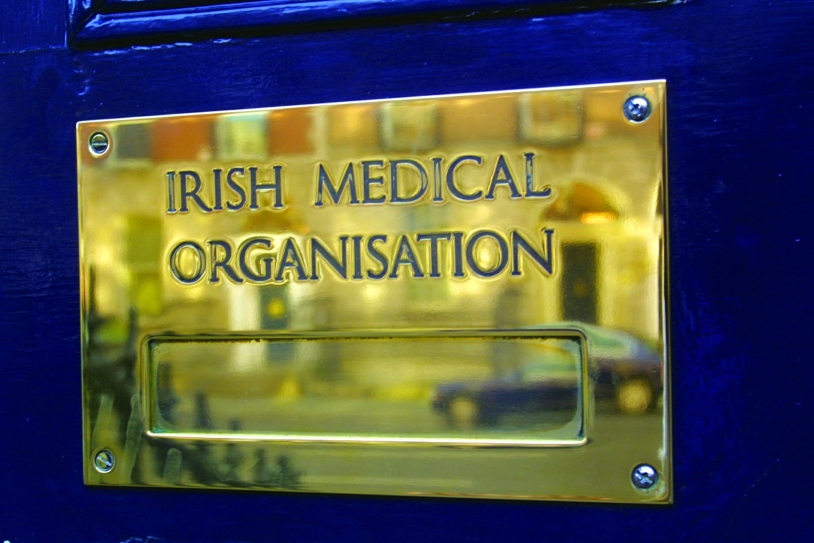The Medical and Dental Consultants Association (MDCA) was officially launched on 6 October, with almost 200 new members signing up within 24 hours.
The Association, established following the controversial State takeover of private hospitals in March, is open to full-time and part-time private medical and dental consultants.
It is hoped that as many as 500 consultants could become members of the Association, which aims to protect the interests of its members, as well as providing educational supports, such as webinars and lectures.
The MDCS will “defend and protect the clinical independence” of its members and “promote, encourage and support the advancement of the practice of private medicine and dentistry in all specialities and areas and the improvement of healthcare in Ireland”, according to its constitution.
Speaking to the Medical Independent (MI), Mr Fergal McGoldrick, Orthopaedic Surgeon at the Hermitage Clinic and founding member of the association, claimed that neither of existing medical representative bodies had effectively represented the interests of private consultants since the Covid-19 crisis.
Mr McGoldrick, who has been very critical of the State’s takeover of private hospitals, said MDCA aims to fill this void in representation and advocate for improved healthcare and enhanced patient wellbeing in Ireland.
The Association website, www.mdca.ie, explains that the body began as a “loose group of like-minded doctors in April 2020”.
“The Private Hospitals Association (PHA), at the time of the anticipated Covid pandemic, signed up unilaterally to a HSE government contract without full-time private practice consultants being meaningfully involved in the decision-making process. Likewise, the medical representative associations did not become, in our opinion, robustly involved on behalf of full-time private practice doctors.
“This HSE leased private hospital agreement temporarily changed these private hospitals into public only institutions. Overnight, 2.2 million patients representing 45 per cent of the Irish population were denied their normal care pathway and doctors could not provide continuity of care.
“While generally initially welcomed, as a means of addressing urgent bed capacity issues in the public hospitals, it became immediately apparent that consultants were unexpectedly placed under enormous state pressure to sign up to a public only A contract preventing maintenance of continuity of patient care.
“This had particular relevance for those patients normally seen in the outpatient office setting. Access to inpatient care was hindered by temporary withdrawal of State indemnity. Doctors in many cases declined to sign, opting to provide pro bono care to the highest medical and ethical standards.”













Leave a Reply
You must be logged in to post a comment.